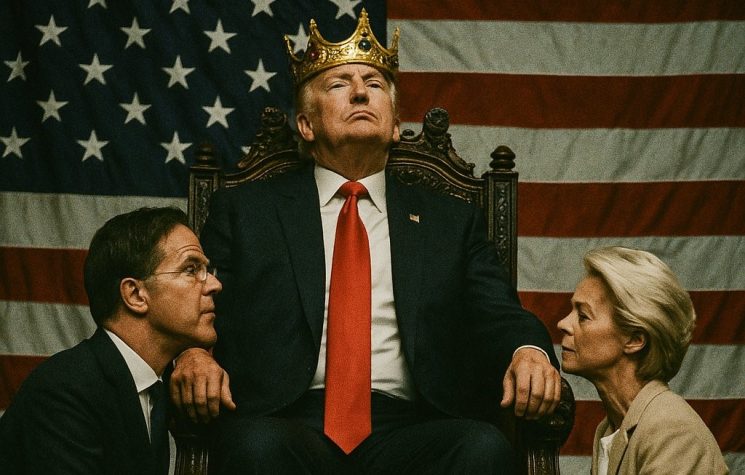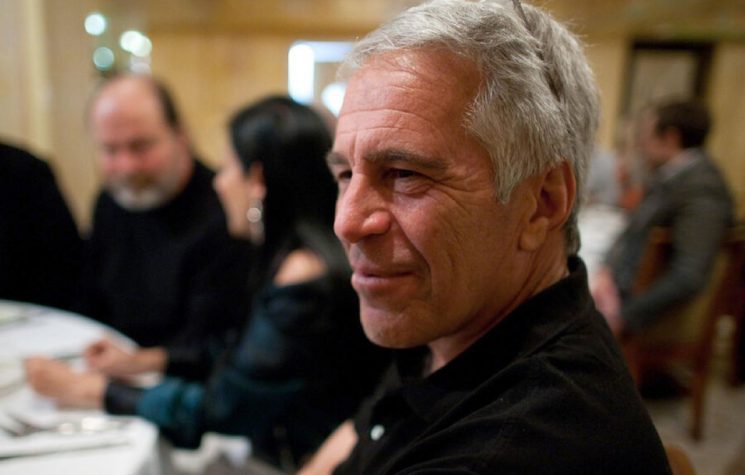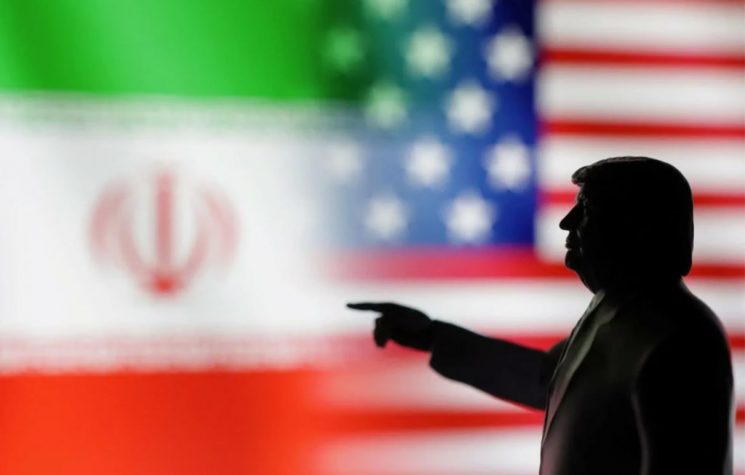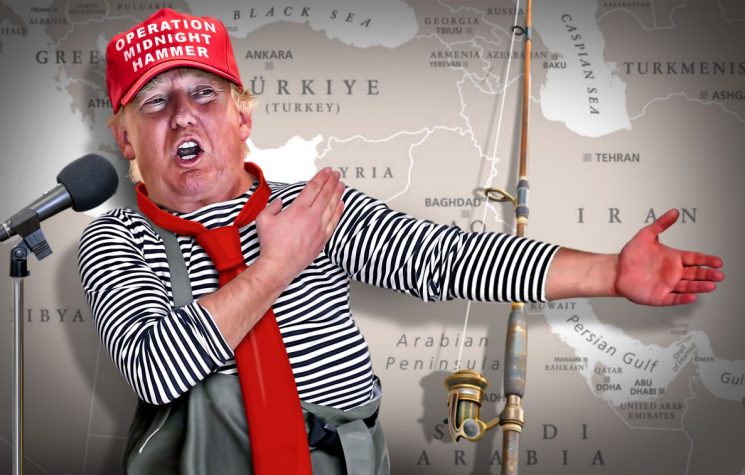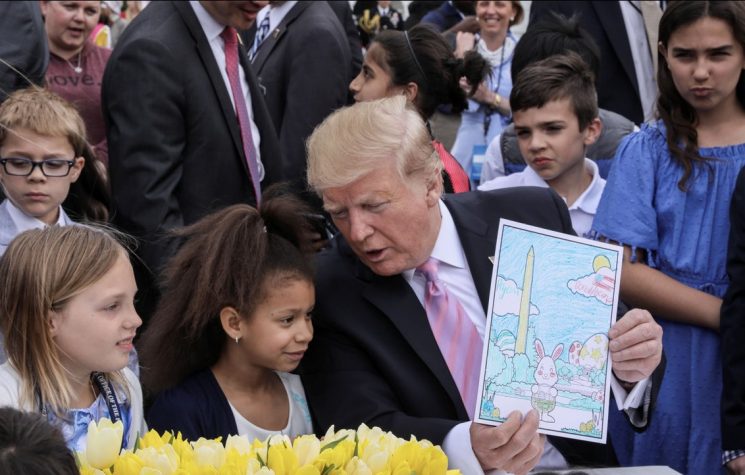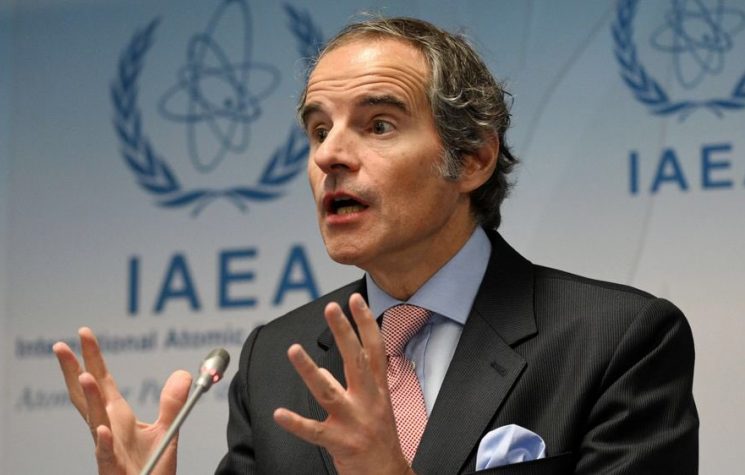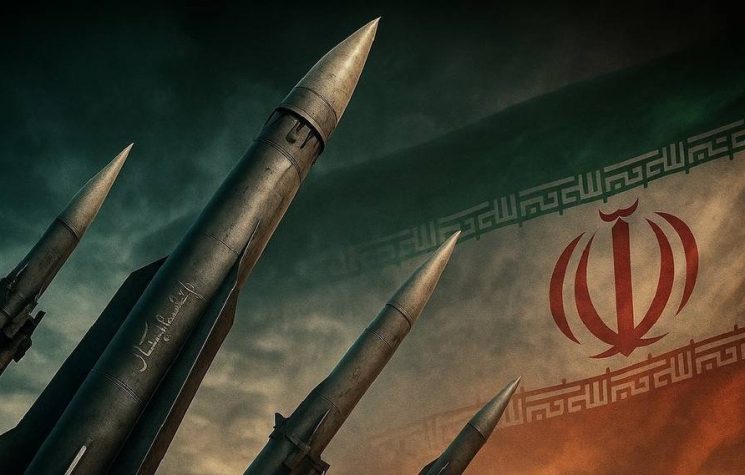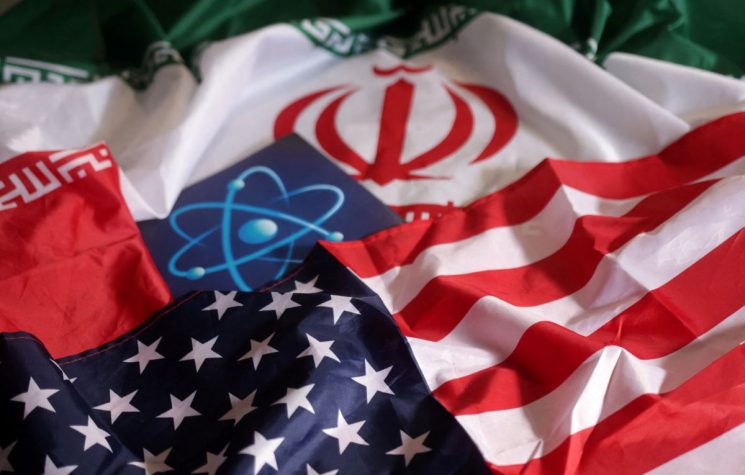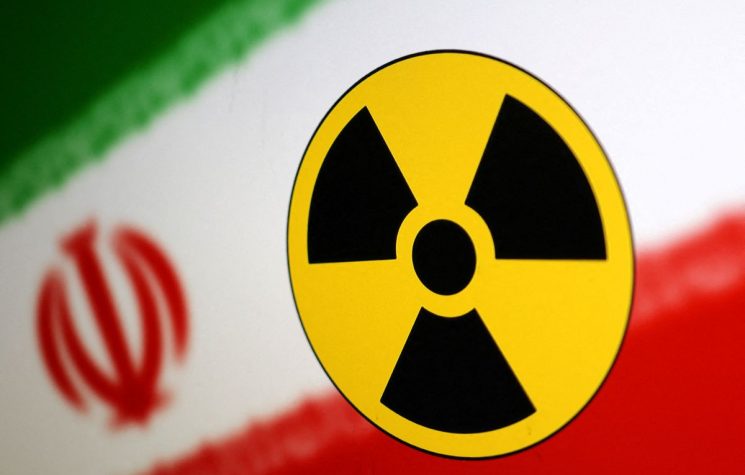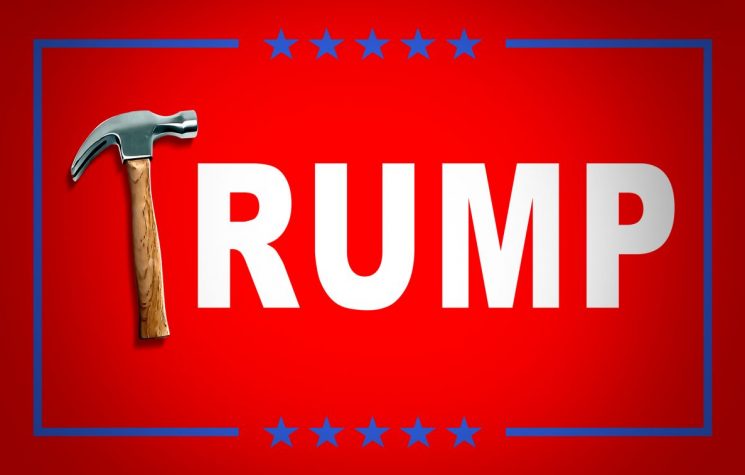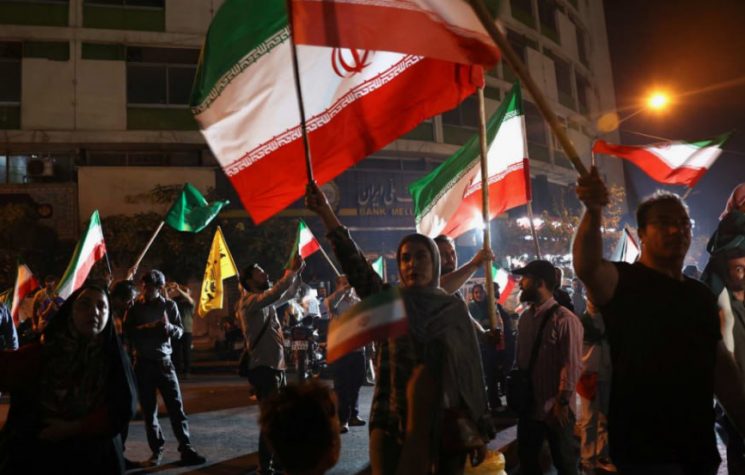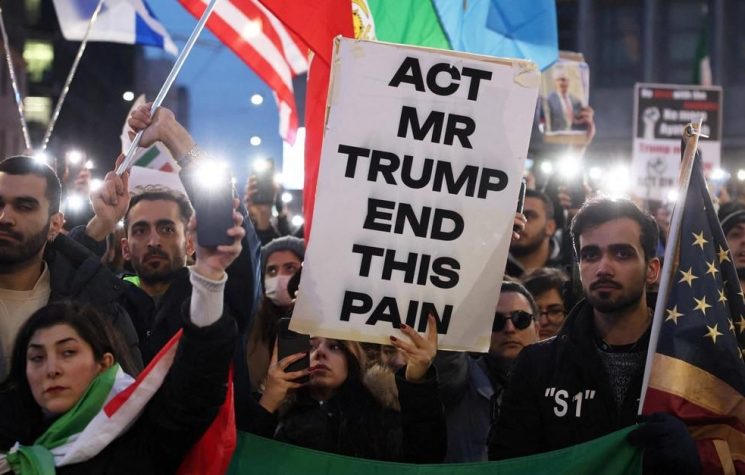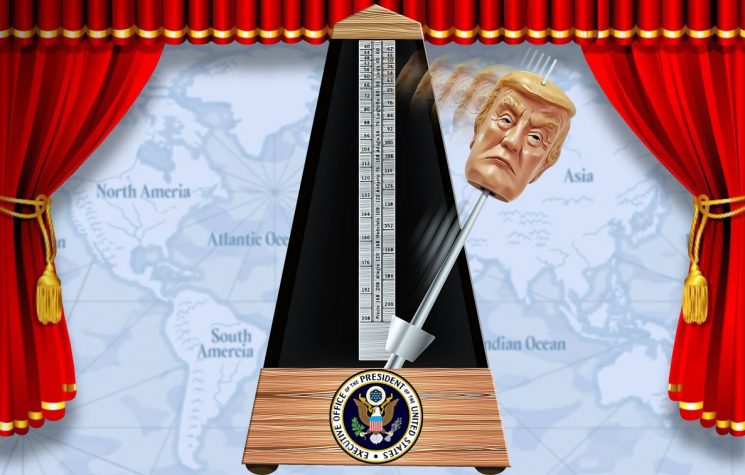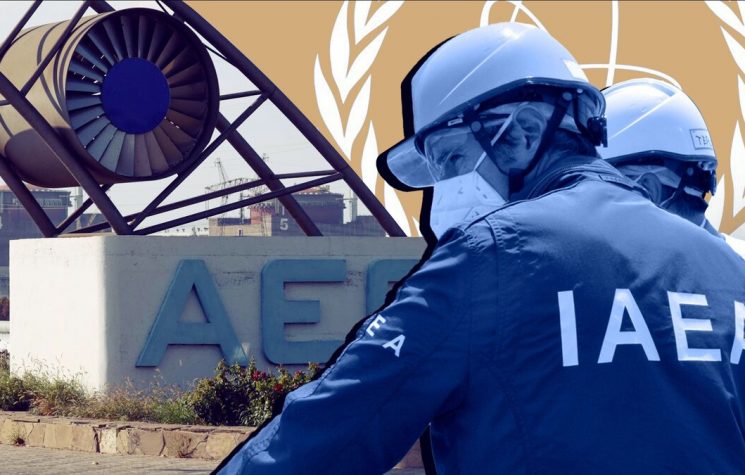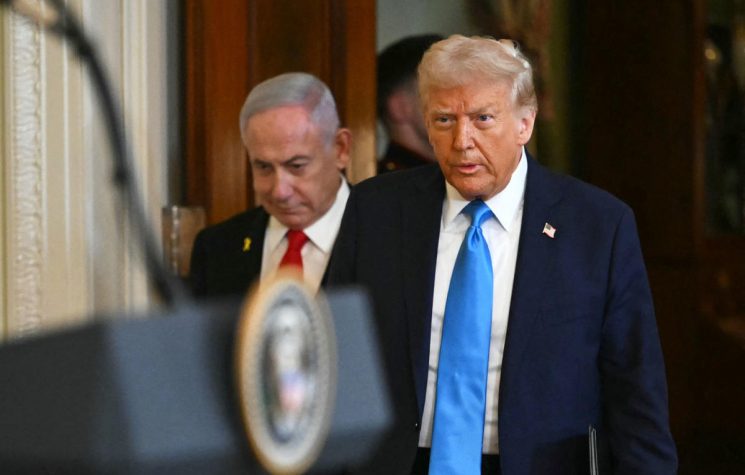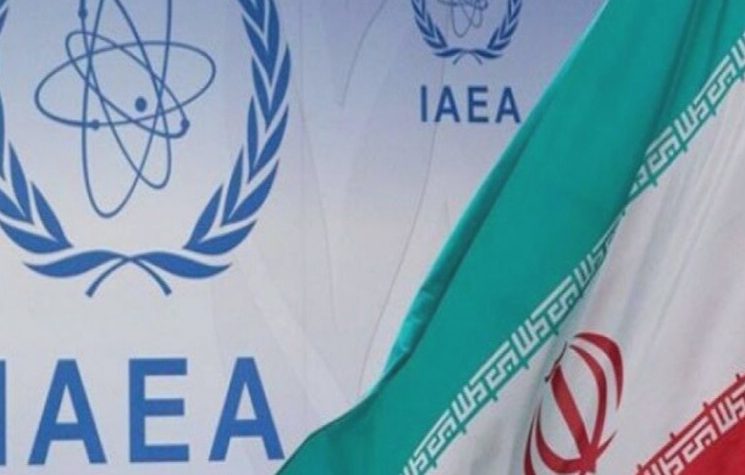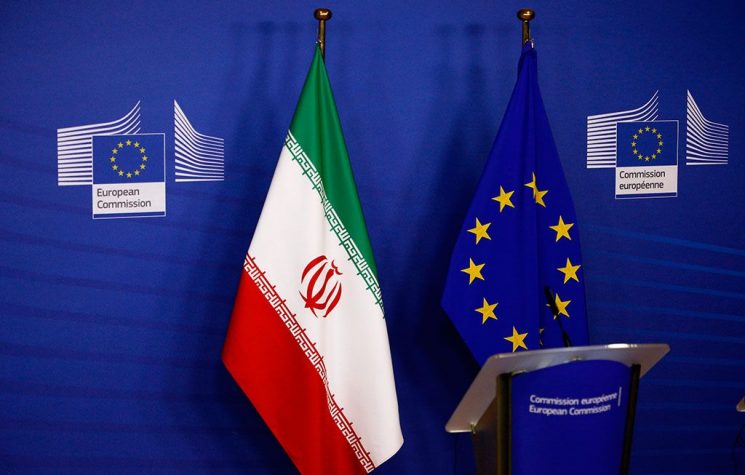As Iran and the West pass a new deadline, it is Israel at least that has signalled recently that a deal at some point is ‘inevitable’.
The deal with Iran and the West – the so called ‘Iran Deal’ or JCPOA – is about to be signed. Or it is never going to be signed – depending on who you listen to. But as Iran and the West pass a new deadline, it is Israel at least that has signalled recently that a deal at some point is “inevitable”.
It’s hard though to pinpoint a particular time when the deal might pass through the hands of inexperienced and inept negotiators though on the Iranian side, led by Bagheri Kani who seems unable to take on the task at hand, handicapped not least by his limited command of English or his tendency to get distracted by banal, trivial details which slows down the talks to beyond “dead slow” to almost “dead in the water”.
Of course, there is legitimate and worthy criticism levelled at Joe Biden who not only missed an opportunity in his first few months in office to try and work with the Western-educated Zavad Zarif – whose diplomatic élan extended to taming the conservatives in Iran while charming western journalists at the same time – but who has now put himself in a position which makes him look like Trump. Presently, it is Biden who is sticking to a ‘maximum pressure’ campaign of crippling sanctions while expecting to be taken seriously negotiating at the same time a deal which the Americans cannot guarantee won’t be scrapped the moment a new president takes the Oval Office.
That doesn’t stop the new team for asking for a miracle though. Iran is demanding a guarantee that the United States will adhere to the agreement and not pull out as Trump did in 2018. “This is something that cannot be promised given the U.S. political system, and the Iranians know it,” an intelligence source told Al Monitor recently. This leads some sceptics to believe that perhaps Iran is not serious about reaching an agreement but wants to keep dialogue open indefinitely – a negotiating tactic in itself which could be carried out for months if not years.
Others look at the sticking point of the Iranian elite guard. We have been led to believe that declassifying this group from the list of terrorists which the U.S. has, is central to a deal being struck, given that this was a Trump move once he pulled out of the deal in 2018. In fact, at the time of writing, it has been revealed that the Iranians have taken this off the table, giving many new hopes that a deal is close to being made.
Perhaps though, as some have speculated, there’s more there than meets the eye, given that the IGRC is a financial conglomerate all of its own and is hit hard by having its ability to trade beyond borders impaired. Could the U.S. keep it on the list but remove the sanctions against it?
Another sticking point from the Biden camp which, as each day passes, appears to be the frog sitting in the metal pale of boiling water, about to die as the temperature reaches the lethal level – unable to detect the subtle changes as each minute passes.
President Joe Biden’s Middle East advisor Brett McGurk recently said that negotiations with Iran had been exhausted, telling a group of think tank experts last week that it is “highly unlikely” the 2015 nuclear deal will be revived in the near future.
Some hope though is placed with Europe’s own Mr Bean, aka Josep Borrell a man so interminably boring and who lacks personality – so much so that he actually complained to a western journalist recently about Russia’s foreign minister taking all the media limelight – but who has a plan. Borrell belongs to a generation of politicians who believe that the EU has a role to play internationally and despite the previous failure of his Italian colleague Federica Mogherini to build in sunset clauses to the Iran deal signed and agreed in 2015 – which would protect the Iranians against the Trump stunt – reckons there is an opportunity for the EU to fix its own earlier draft.
Borrell has written his own deal for the Iranians which is supposed to give them some kind of safety net to being cheated for a second time by the West. Yet it’s hard to take Borrell seriously. Firstly, the paper he has written is shrouded in secrecy and, secondly, he has no track record whatsoever in brokering such deals as his career as a socialist Spanish politician is unremarkable as it is unyielding. We cannot even call him a ‘has been’ as he was never anything in the first place. He’s more of an ‘also ran’. Perhaps you could add a third point to the list of reasons why the EU plan won’t be taken seriously either by the Iranians or the Americans: lack of credibility of the EU in the wake of Brexit, Covid and now an imploding economy as a consequence of erroneous grandstanding against Putin.
The problem which no one is addressing is how to build a plan which can allay fears that the next U.S. president will ditch it. There needs to be incentives built in so that each four years it is more logical for a new U.S. president to see the wisdom of keeping it going and preventing Iran from enriching uranium beyond a point where a ‘break out’ period becomes worryingly short and panics the West. The EU, being anything but what might be called a democracy, might have the solution in that it also changes its administrations every four years but could offer some compensation to Iran if the U.S. were to repeat the Trump annulment. Like a guarantor. Perhaps this is what is in the Borrell paper. It is in no one’s interest that Iran acquires nuclear weapons – least of all Iran’s as this would unsettle a certain harmony it has both with Russia and China until now – but it is hard to see how the EU’s latest bid to save the wretched talks can win the day. The fact that Iran has conceded in some areas is encouraging although they counter that with a tougher rhetoric towards Israel. But as all parties head back to Austria, there is hope that a deal could be struck before the midterm elections in the U.S. in November.



















